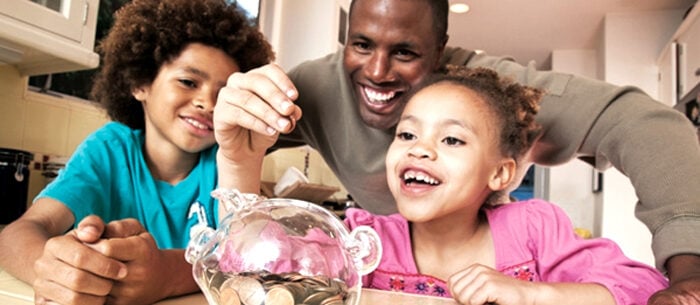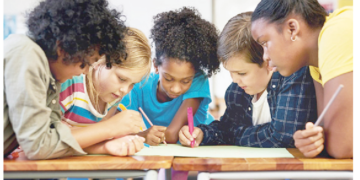Financial literacy is a crucial life skill that many adults wish they had learned earlier. Teaching children about money management from a young age lays the foundation for responsible financial habits that can last a lifetime. The earlier kids are introduced to concepts like saving, budgeting, and spending wisely, the more confident they become in making money-related decisions as they grow.
One of the simplest ways to start is by introducing the concept of money itself. Children can learn the value of notes, understand that money is exchanged for goods and services, and see how earning and spending work in everyday life. Even small allowances can be effective teaching tools when combined with guidance on saving and spending.
Saving is a habit worth cultivating early. Parents can encourage children to set aside a portion of their allowance or pocket money for specific goals, like a toy or a book they want. Using clear jars or piggy banks helps them visually track their progress, making the abstract idea of saving tangible and rewarding.
Budgeting can also be introduced in age-appropriate ways. Older children can plan how to spend a set amount of money on small items or activities. Discussing trade-offs like choosing between a new toy or saving for something bigger teaches critical thinking, delayed gratification, and decision-making skills.
Another important lesson is distinguishing needs from wants. Kids often struggle with impulsive spending, so parents can guide them to understand the difference between essential expenses and luxury items. This skill will help them navigate real-world financial choices as teenagers and adults.
In addition to practical lessons, modeling good financial behavior is key. Children notice how parents manage money, whether it’s paying bills on time, budgeting for groceries, or making informed purchases. Open conversations about money without pressure or fear encourage transparency and understanding.
Ultimately, teaching financial literacy is not just about coins, bills, or bank accounts; it’s about building confidence and responsibility. Kids who learn early are more likely to develop positive money habits, avoid debt traps, and make informed choices as adults. By starting young, parents equip their children with a skill set that empowers them for life.





